The EWS1 certificate has caught the attention of many aspiring homeowners in the United Kingdom. If you were not aware of this certificate before, fret not. In this blog, we shall explore everything you need to know about EWS1, from the reason why it was introduced to the requirements for obtaining it. For starters, the External Wall System (EWS) arose from concerns surrounding fire safety in high-rise buildings. We will also clarify the purpose of the EWS1 certificate, who needs to obtain one, and how much it would cost. Lastly, we will discuss the benefits of having an EWS1 certificate and why it is essential to have one if you want to own a high-rise building in the United Kingdom.
What is the EWS1 Certificate?

An EWS1 certificate is a signed document that identifies the materials used in the External Wall System (EWS) after completing a cladding fire-risk assessment. It helps in the mortgage valuation process for buildings over 18 meters or some buildings under 18 meters tall but deemed unsafe, requiring an EWS1 certificate.
The certificate is not legally required, but it is often necessary for selling, buying, or re-mortgaging an apartment in a multi-occupied building. Freeholders of multi-storey blocks of flats may be asked to provide an EWS1 certificate by leaseholders. This is because an EWS1 certificate provides assurance to leaseholders that the building has been assessed and is safe to live in. So, it is an essential document that demonstrates the safety of the building to interested parties, both existing and potential tenants.
Why Was EWS Introduced?
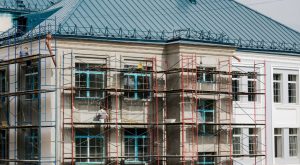
The External Wall System (EWS) was introduced to ensure the fire safety compliance of the external wall systems of high-rise residential properties, mainly after the Grenfell Tower tragedy. The EWS1 form, which serves as evidence of a recent fire safety assessment, was introduced in 2019 for buildings with combustible cladding. The requirement to have an EWS1 certificate now only applies to residential buildings over 18 meters. The EWS1 certificate is essential for banks to offer mortgages and for residents to sell their apartments.
The EWS1 certificate assigns a rating to the building’s external wall materials based on their ability to support combustion. Buildings under Class A or B usually meet required fire safety standards. However, rectification works are usually expensive for those in Class C or D, and those buildings may require additional assessments. The process can be confusing and might require years of assessment and rectification. However, this is essential for ensuring everyone’s safety living in these buildings.
How Much Does EWS1 Cost?
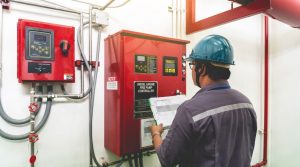
The cost of an EWS1 form depends on the size and complexity of the assessment but typically ranges from £6,000 to £28,000. In addition, the Fire Industry Association (FIA) charges a registration fee of £200 plus VAT and an annual fee of £25 plus VAT to maintain registration and keep their building’s EWS1 publicly available.
The government introduced EWS1 forms in December 2019 to reassure mortgage lenders that buildings over 18m were safe. In Scotland, individual flats in buildings require separate EWS1 forms for fire safety evidence required by lenders. Earlier on, surveyors acting for lenders were of the view that flats in blocks without EWS1 certificates had little to no value. The introduction of EWS1 forms allows for enhanced transparency and protection for everyone involved in the property management market.
What is the Purpose of an EWS1 Certificate?

The External Wall System One (EWS1) certificate is a document that serves as a mortgage valuation tool to assess external wall safety, mainly used to reassure lenders when offering mortgages on flats within a building over 18m high that features cladding. RICS and mortgage lenders jointly create it. The certificate pops up as a requirement when a leaseholder is buying, selling, or re-mortgaging an apartment in a multi-storey, multi-occupied building. It is not a legal requirement and does not serve as a building safety certificate.
The key purpose of an EWS1 certificate is to ensure that buildings have met the specified safety requirements to restore the confidence of lenders and buyers. It helps lenders decide whether to offer a mortgage on any given apartment within multi-storey, multi-occupied residential buildings. Although an EWS1 certificate can be supported or informed by a Fire Risk Assessment of External Walls (FRAEW), it cannot replace it. EWS1 certificates are vital documents that determine whether a property can be sold to a buyer needing a mortgage.
Who Needs an EWS1 Certificate?

An EWS1 certificate is something that mortgage lenders of flats within certain buildings over 18m with cladding look for before approving mortgages. Buildings that have cladding or combustible timber balconies over 18m high, including HMOs and care homes, may require an EWS1 certificate. This certificate is valid for five years and is necessary for buildings with combustible materials. There are two options within the EWS1 form, depending on the limited combustibility of the external cladding and insulation. Obtaining an EWS1 certificate can be costly, with prices ranging from a minimum of £6,000 to £28,000, depending on building size and testing requirements. Therefore, understanding if your building requires an EWS1 certificate to avoid unnecessary expenses is essential.
How to Obtain an EWS1 Certificate?
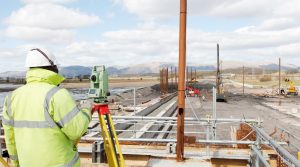
To obtain an EWS1 certificate when buying or re-mortgaging an apartment, a qualified professional (such as a fire engineer or a chartered surveyor) must conduct an External Wall System (EWS) fire-risk assessment. The assessment evaluates the risk of fire spreading through the external walls of the building, such as cladding, insulation, etc.
The EWS1 certificate is a signed document by a qualified professional stating that the EWS/fire-risk assessment has been conducted and that the external wall system does not pose a risk to the building’s safety. This certificate acts as a mortgage valuation tool and is not a building safety certificate.
The cost of an EWS1 form can start at a minimum of £6,000 and can be valid for up to five years. However, it’s important to note that an EWS1 certificate is not always required for each separate flat in Scotland. Regardless, following the process to ensure your building meets safety standards is crucial.
What Are the Requirements for an EWS1 Certificate?
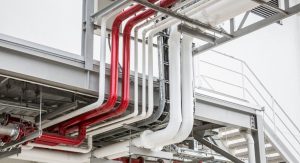
An EWS1 certificate is required to review the external wall system of a building – including cladding and insulation – to ascertain its fire safety status. The primary use of the certificate is as a mortgage valuation tool. However, it may also be required for building safety compliance. When buying, selling, or remortgaging an apartment in a multi-story building – especially those over 18 meters high – that features cladding, an EWS1 certificate is a must. The certificate is signed by a qualified fire safety professional who has completed an EWS/cladding fire risk assessment. Buildings below 18 meters might require the certificate, too, if they seem unsafe, but a building without cladding might not require an EWS1 certificate at all. Knowing the requirements of an EWS1 certificate is essential in ensuring building safety compliance.
Conclusion
The EWS1 certificate is a crucial document that can help you secure a mortgage and protect your investment. It certifies that the building has been inspected and deemed safe, reducing the risk of fire hazards. Investing in an EWS1 certificate might seem like an added expense, but it helps potential buyers feel confident in investing in your property. Moreover, it ensures that the residents’ safety is prioritized, creating a safer environment for everyone. If you want to obtain an EWS1 certificate, working with a professional team that can guide you through the process is essential.








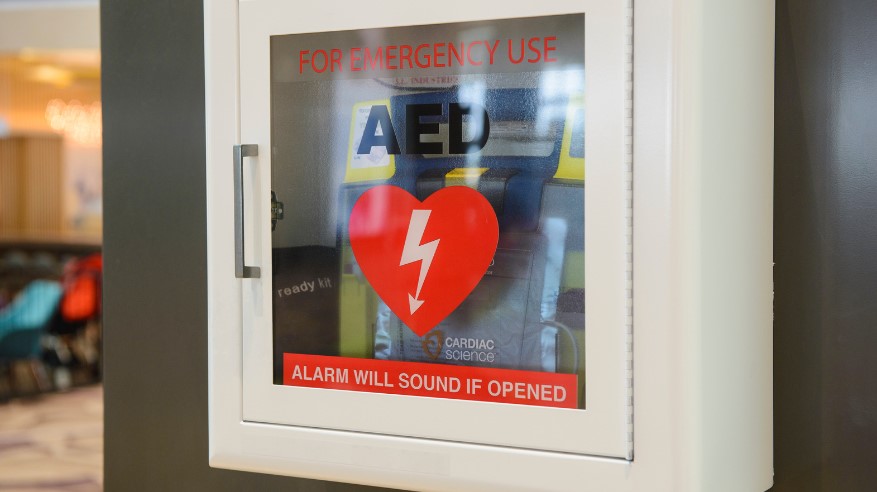
Leave feedback about this